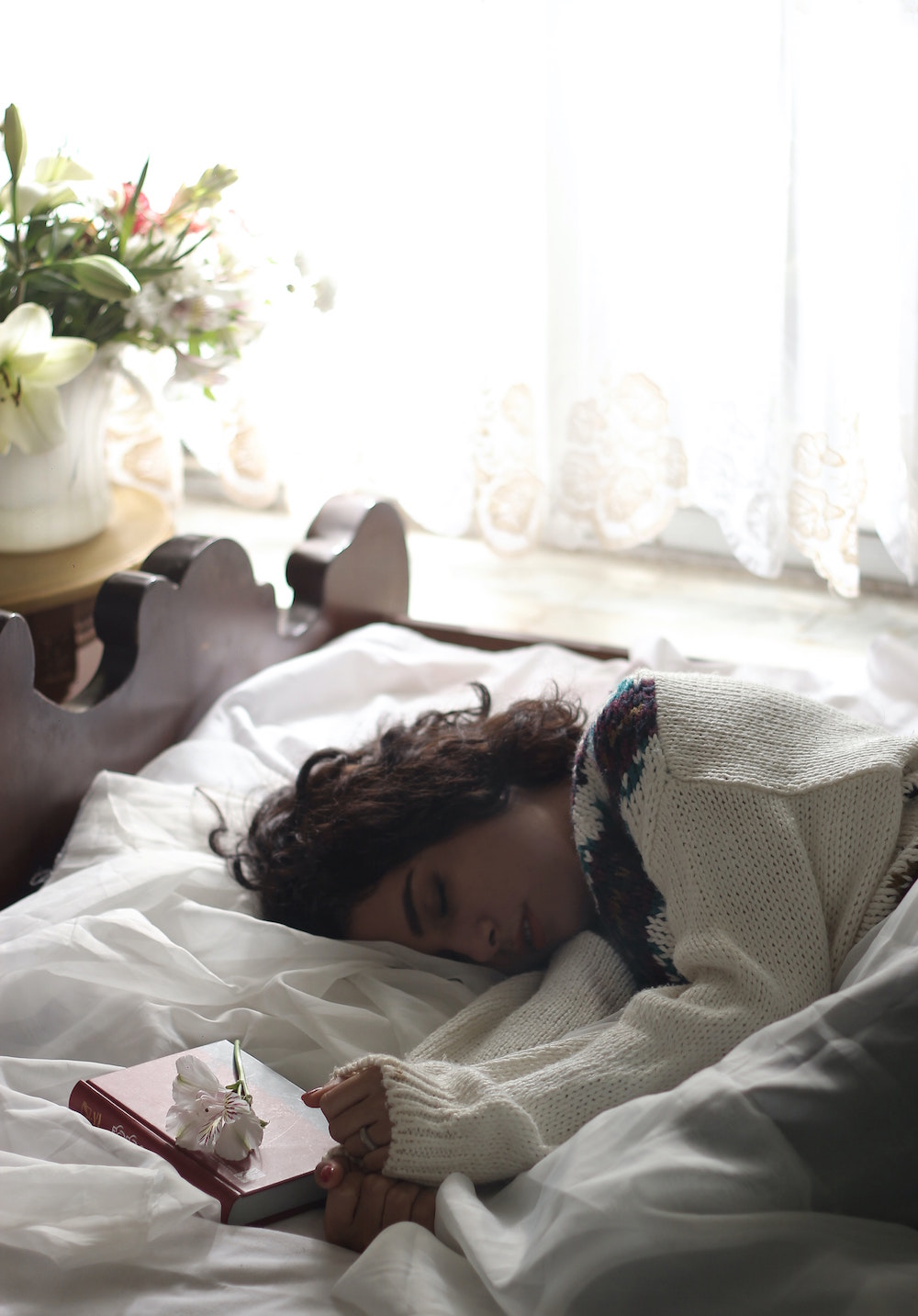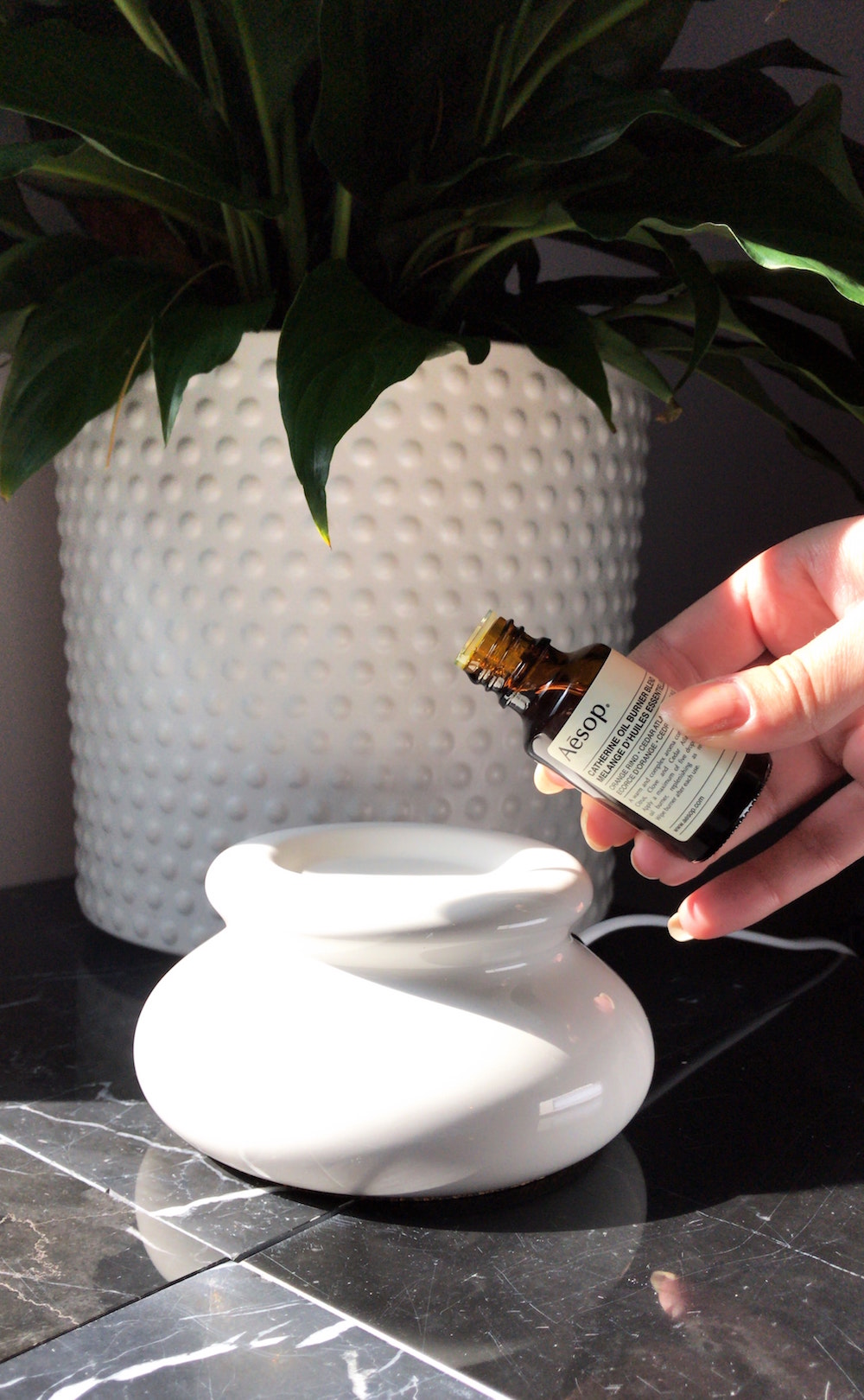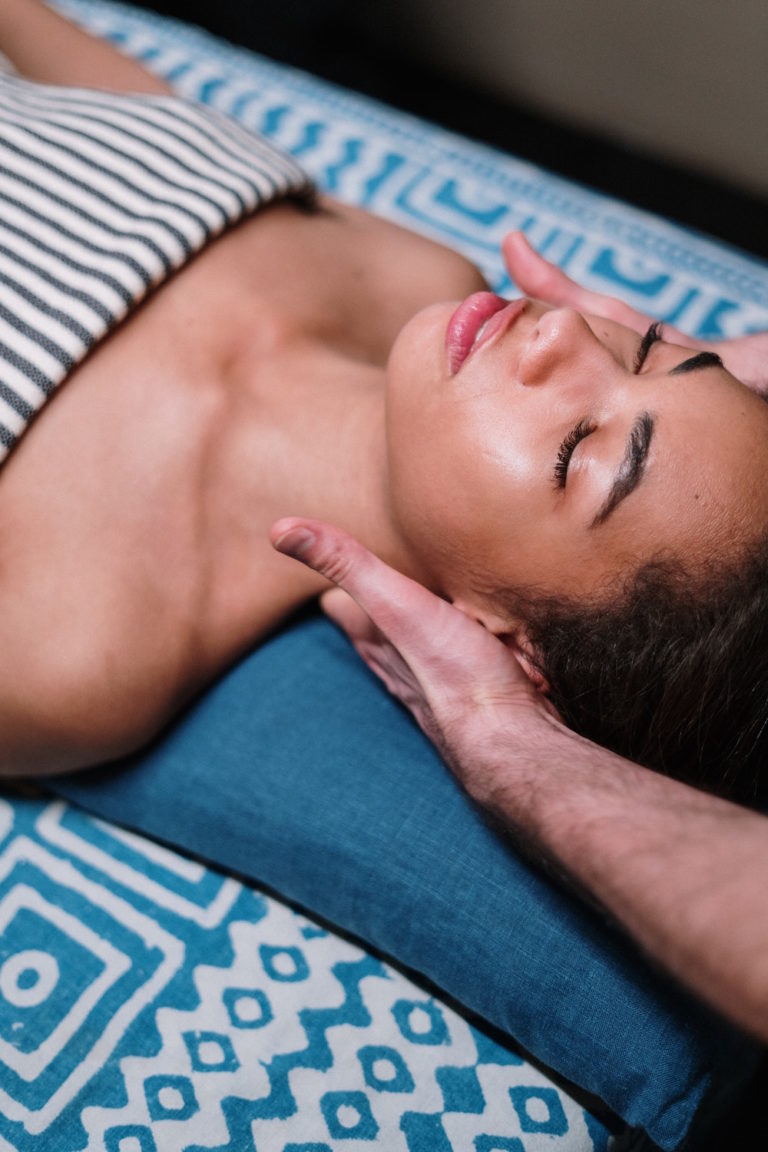Stress Relief Techniques to Survive Sleepless Nights
In the U.S. alone, statistics reveal that there are about 50-70 million adults who have a sleep disorder. Unfortunately, this national sleep deficit is not only happening in the US. In fact, insomnia is one of the most common sleep disorders that affect millions of individuals all over the world. Moreover, experts have already confirmed that there is a significant relationship between stress and sleep problems. This fact has been proven in a bevy of studies that were conducted in different countries worldwide.

The prevalence of sleep disorders has given rise to the production of sleeping pills that promise a good night’s sleep but not without the nasty side effects. This is why the professionals from BedAdvisor.com highly recommend the adherence of healthy sleep hygiene, which involves not just the avoidance of stimulants before bedtime. But, also the use of the right mattress and blankets that help ensure comfort and better sleep all throughout the night. However, if despite the regular practice of sleep hygiene, and one still finds it hard to sleep, it is high time that effective stress relief techniques be summoned. These are proven techniques that will help you survive those sleepless nights.
Aromatherapy
A 2017 study showed that aromatherapy works better than an acupressure massage in helping individuals achieve better sleep quality. The said study also showed that blended oils were more effective than the use of a single oil during aromatherapy sessions. The ability to achieve better sleep was also due to the fact that aromatherapy promotes relaxation thereby reducing the study participants’ stress and anxiety. Experts reveal that the scent produced in aromatherapy essential oils has the power to activate the smell receptors inside the nose. In turn, certain messages are being sent to the nervous system and then to the brain. These essential oils also create a positive impact on the hypothalamus part of the brain which enables the production of feel-good hormones such as serotonin. So, when an individual feels good, his stress levels will reduce and his sleep quality will improve.
Mindfulness Meditation
The effectiveness of mindfulness meditation in helping people find relief from stress and improve their quality of sleep has been proven in many studies. One of these is the study published in JAMA Internal Medicine. In this study, less than fifty adults reported having sleep problems and so they were asked to undergo mindfulness meditation for six sessions. The results showed that at the end of the six sessions, the study participants reported feeling less fatigued, fewer symptoms of depression, and improved sleep.
Experts recommend that individuals should practice mindfulness meditation during daytime for twenty minutes, to make it easier for them to evoke that relaxation response which can be elusive when insomnia strikes.
As mentioned earlier, stress and sleep have a close link. If a person finds it hard to sleep, his stress levels will spike. On the other hand, if he is exposed to too much stress chances are high that he will find it hard to sleep at night. To combat this problem, one should practice the stress relief techniques mentioned in this article.








